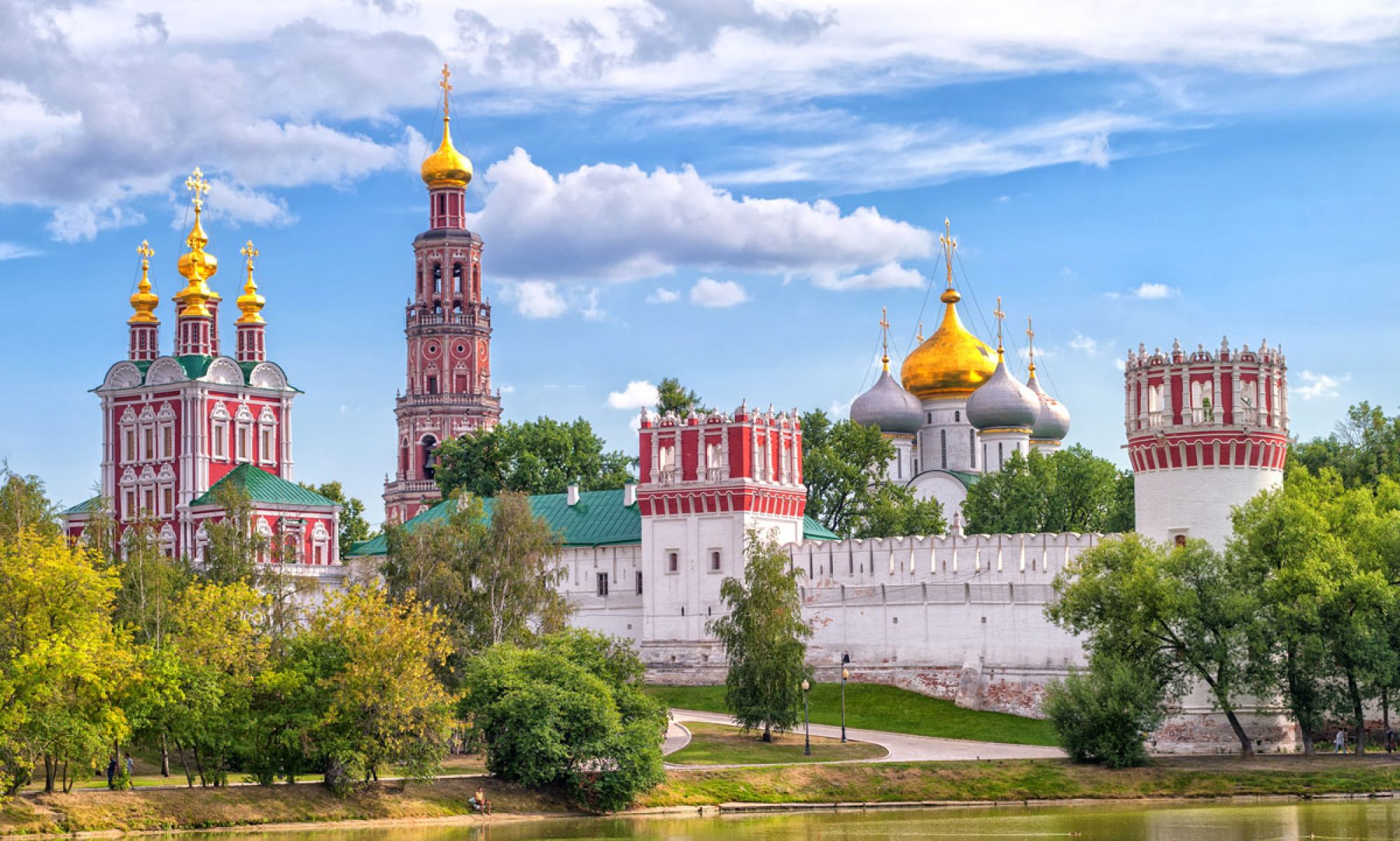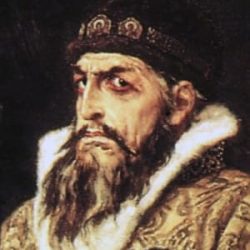Max and Marc
Program of Plekahnov’s Group for the Emancipation of Labor details how the tenets of socialism, at this time in the late 19th century, were necessary to the continued function of the Russian society in the view of this organization. It is clear from reading this text that this organization believed in handing the reigns of production entirely from the existing nobility to the peasants themselves. Of particular concern is the desired responsibilities of a peasant class that would be governing themselves. With this desired self-government comes with, the group argues, a breakdown of existing societal relationships in favor of a new makeup. One where the peasantry not only has the means of production, but also has many civil rights such as freedom of movement, speech, several forms of welfare, an army of the people that is for the people, criminal justice reform, and self legislation and representation in government.
S.I. Kanatchikov Recounts his adventures as a Peasant-Worker-Activist begins with the detailing of Kanatchikov’s upbringing as a peasant in the late 19th century. He receives a very rudimentary education, still with a heavy focus on severe punishment and religious teachings. Throughout his childhood, he suffers from abuses by his father, who often goes on alcoholic binges as well as periods of abusive behavior towards Kanatchikov and his mother. His father attempts to reconcile his own behavior by being religious and attempting frugality, but the cycle of abuse and neglect ultimately continue. As Kanatchikov matures, he finds himself eager to move beyond just farming and settled in Moscow, earning a living through various industrial professions.
It is in this setting that he begins to mingle with revolutionaries, which he refers to as “students”. He becomes close with a man named Savinov, who essentially shakes the foundations of Kanatchikov’s religious understanding. He is initially resistant to Savinov because he does not respect the organized Orthodox religion, but Kanatchikov eventually comes to understand his view based on the merits of increased rights to the working class. Kanatchikov and his fellow workers subsequently become witnesses to the disaster at Khodynka field, where hundreds are killed during the coronation of Tsar Nicholas II. This event is particularly disturbing to the workers and Kanatchikov, who attribute the catastrophe as indicative of their government’s incapability.
Questions:
- Based on the lifestyles of the former serfs, what tenets and ideals from Program of Plekahnov’s Group for the Emancipation of Labor would most appeal to the class of the peasantry at the end of the 19th Century?
- The audience of this document seems to be the lower classes, but does it suffer from flaws of the Intelligentsia of this era? Would peasants, even though benefited by some of these ideals, be interested enough in them to want to dedicate themselves to the socialist cause?
- In the beginning paragraphs (Pages 529 – 530) of Kanatchikov’s account, we see the rough education that he is provided with. He complains about the punishment receives, details some religious instruction, but there is little else to his education that he reveals. What does this say about what Kanatchikov experienced in school? What is important for him to talk about and what does he omit?
- When Tsar Alexander II was assassinated, there seems to be great confusion surrounding what exactly happened. Does this represent a failing of the Intelligentsia to illustrate their ideology to the peasantry or is this simply ignorance from the lower classes?
- Kanatchikov’s domestic life is immensely troubling, from his father’s abusive nature to their poverty. In what ways does he attempt to reconcile with this troubling childhood?
- Kanatchikov, when he reaches Moscow, is stunned by the complexity of the city. How is this setting different to the traditional farm land of the serfs that had been in previous centuries. What is different from his industrial occupation compared to the previous farming that we’ve read about in multiple other texts?
- How does Kanatchikov describe the revolutionaries or “students”? What feelings does he initially associate with their appearances and behavior? What about them intrigues him and what about them does he not find acceptable? (536 – 539
- How does Savinov explain religion to Kanatchikov? In his view, why has the Russian Orthodox Religion been formed and how has it lasted this long? What is his view of mankind’s creation? (540 – 541)
- The disaster at Khodynka field is something that affects all of those that work with Kanatchikov. What are there reactions to the disaster? What do they blame and how do they see the government’s, and by extension the Tsar’s, role in this disaster? (546 – 547)
- In Kanatchikov’s view, what did the debacle at Khodynka field do to the image of the Tsar in the time following the catastrophe? Why does he attribute the damage to the government and not some act of God? (547 – 548)

